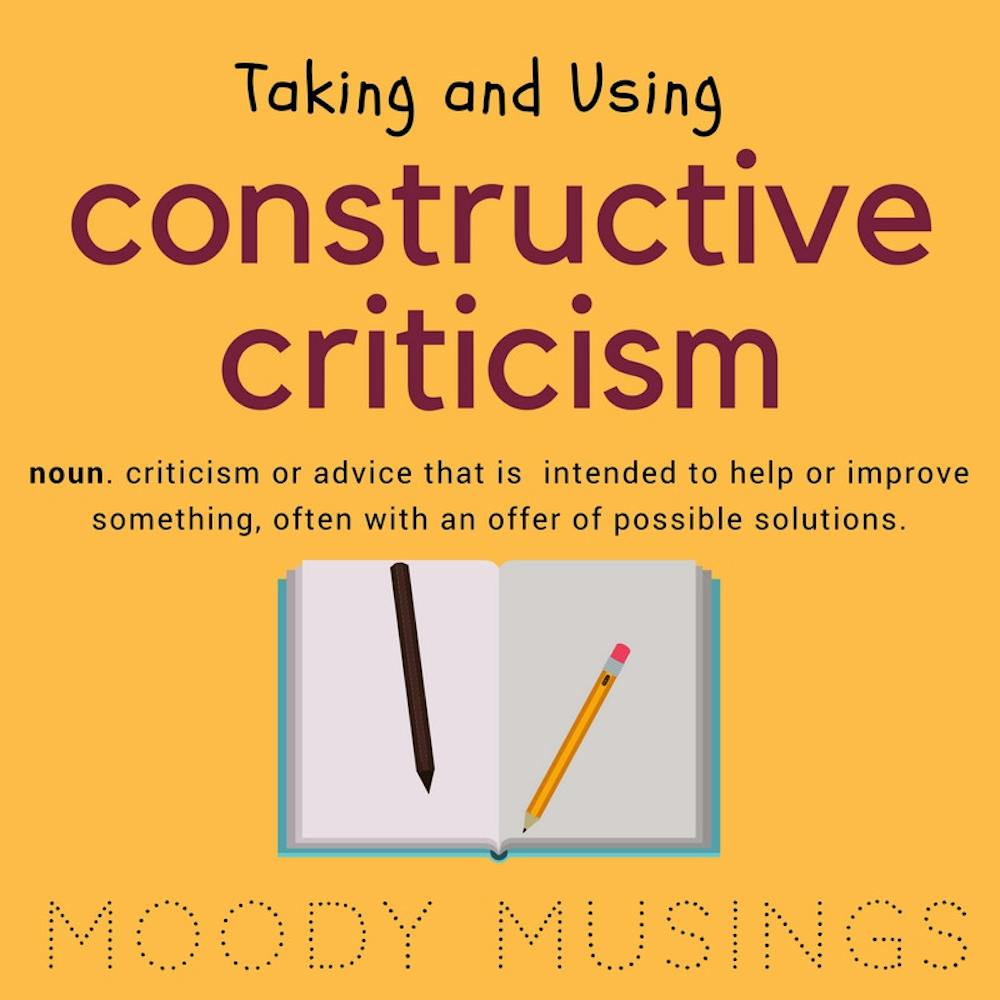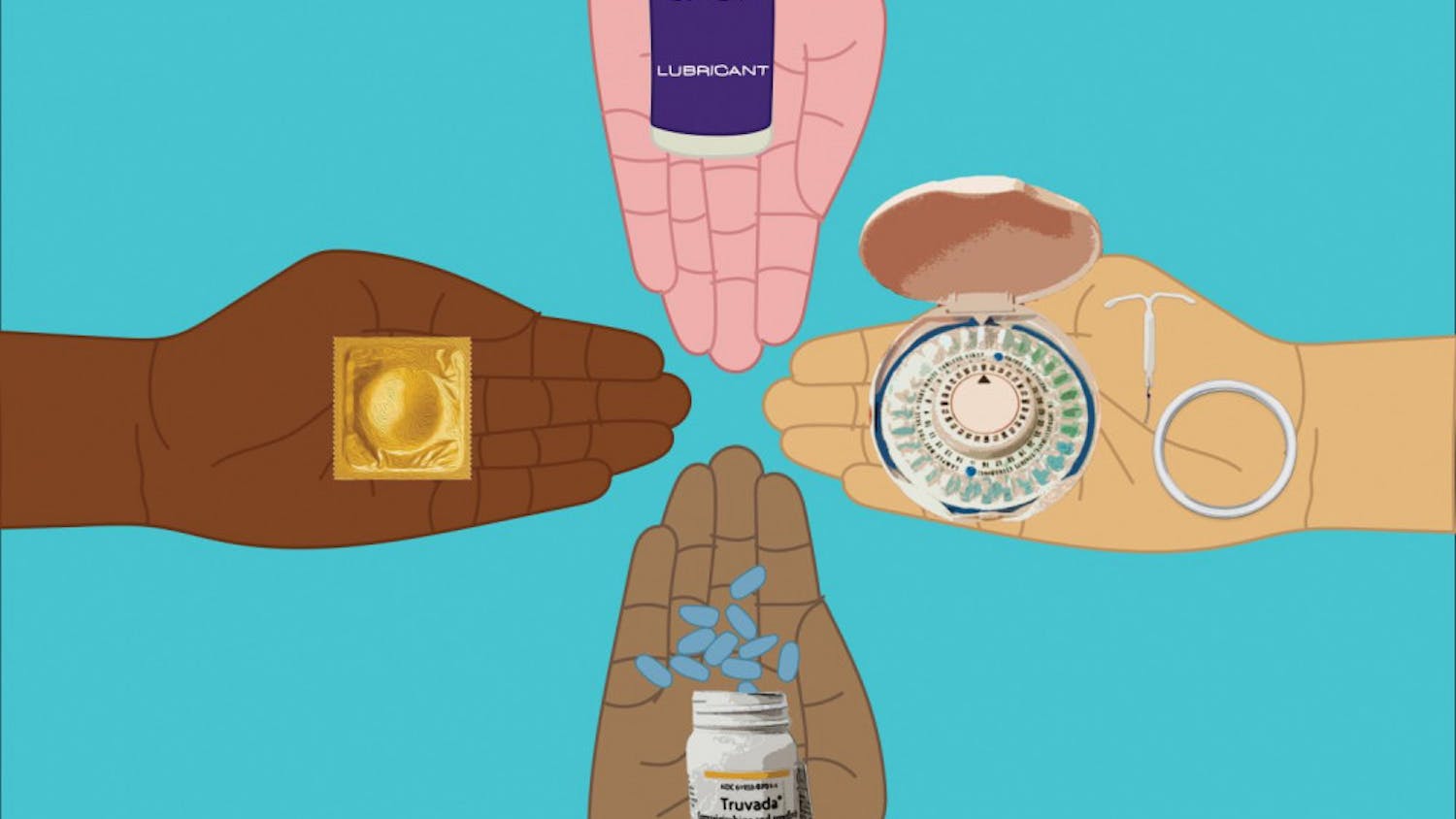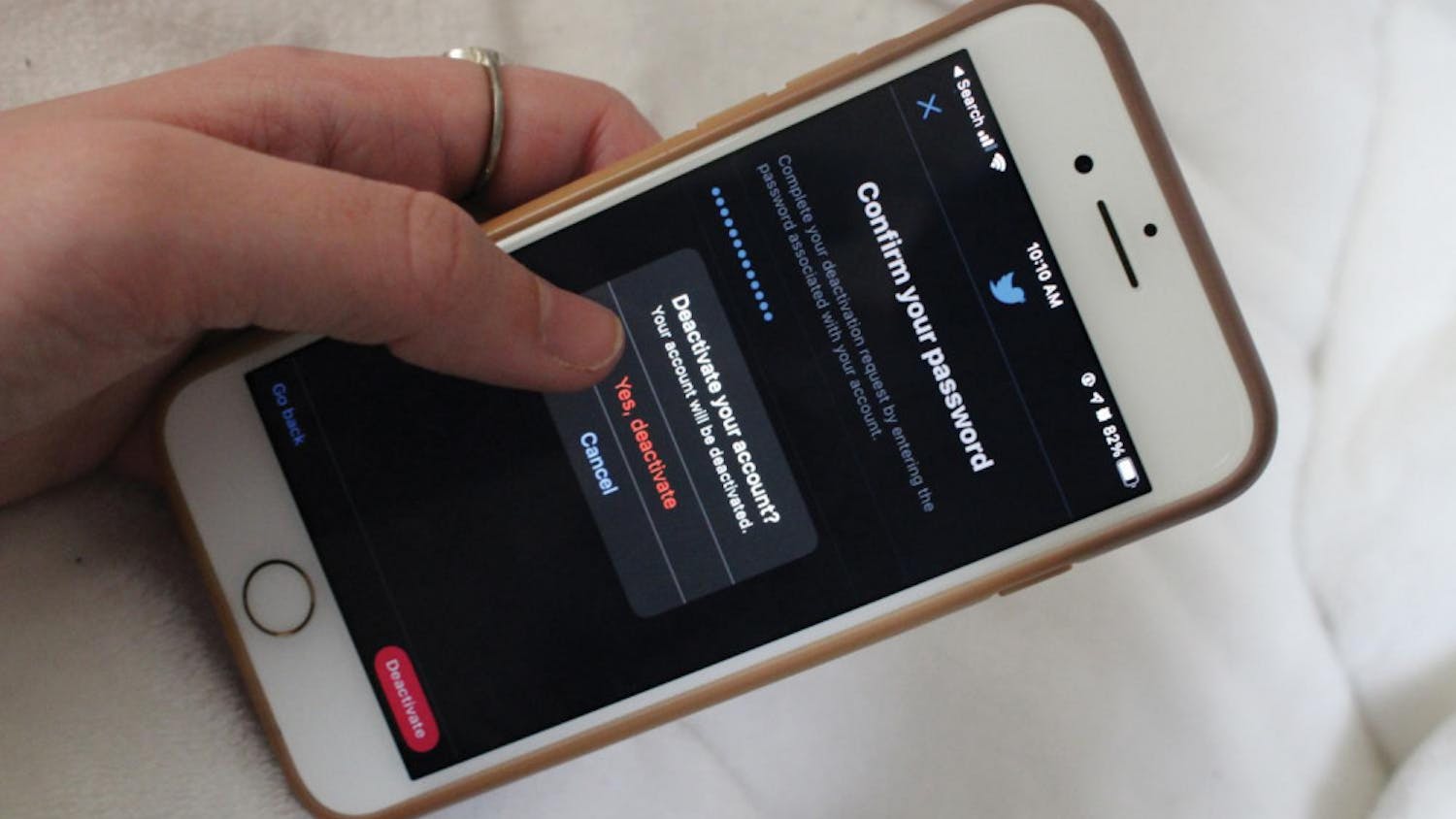I reached out to Mercer students to see what they’d be interested to see in the column, and one of the first responses I received was about constructive criticism. Students wanted me to provide some advice on how someone our age can reach a level of maturity that allows them to take constructive criticism and give it in return.
This topic was hard for me, mostly because I have yet to pick up this skill myself. In fact, researching and talking with people about taking constructive criticism has helped me to recognize what I need to do for the sake of my own growth.
It will be a challenge and it won’t be something you accomplish on your first try. I have been working on it for some weeks now, and I have found that having an accountability partner is extremely helpful. This person can be a significant other, a friend or a family member.
[sidebar title="" align="left" background="on" border="all" shadow="on"]
Anything you want to see in the column? Tell me about it here: https://docs.google.com/forms/d/1tOfBbVRemtyumWFYPbVgsAUQ740FMmjns2PtnkMKs8E/edit
[/sidebar]
Make sure they are letting you know when they recognize you slipping back into your old ways and when you need to step back and think about why it’s so important to take this kind of feedback.
Here are some steps for you and your accountability partner to work on together.
- Recognize that you always have room to grow
One of my biggest personal platforms is recognizing worth and making sure everything you receive meets or exceeds your worth. This mindset is beneficial for me in many ways, but sometimes it can keep me from growing and learning from other people. Sometimes we have to step back and allow constructive criticism to be used for the betterment of ourselves. This way, our prices won’t go down, but way up.
- Surround yourself with people who keep you in line with your goals
This is a step I provide in most of my advice pieces. Your support system, your circle and your mentors say a lot about you and what you want for yourself. Make sure these people are representative of the positive plans you have set. This group will include your accountability partner that will keep checking you when they see it’s needed most.
- Ask for feedback.
If you get into the habit of asking for constructive criticism, you may become more accustomed to taking it. Most of the time, the reason we aren’t as accepting of the feedback is because we assume that someone is attacking us. We also like to assume that the person isn’t looking out for what’s best for us, but instead they’re “hating” or “calling us out.” This won’t be the case if you ask those people you’re surrounding yourself with to always provide you with these assessments and evaluations. It’ll become the norm.
- Think about scenarios in which the criticism exists
Sometimes my accountability partner will bring to my attention that I am doing some of the same bad habits that I am trying to stray away from. I know that I am trying my best to change and be better, but I may not be trying as hard as I think I am. It’s easy to get upset at that kind of feedback, but we must take some time to think back on what they may be referring to. If I put things into perspective, I can probably recall when I wasn’t trying hard enough or I was doing exactly as they said. Thinking about it can save us the anger and help us to become more accepting.
The goals that you have set should be the driving force for you to become better at accepting and using constructive criticism. Most drastic changes we make in our lives come from feedback and help that we receive from the people who know us best. Even people who don’t know us that well sometimes have good intentions, and we’d only be holding ourselves back by rejecting the gift of feedback.
Thank you to the Mercer student who got me thinking about this skill, because this was something that I also needed for myself. Find an accountability partner and start working on yourself. This will be one of your best projects yet.





